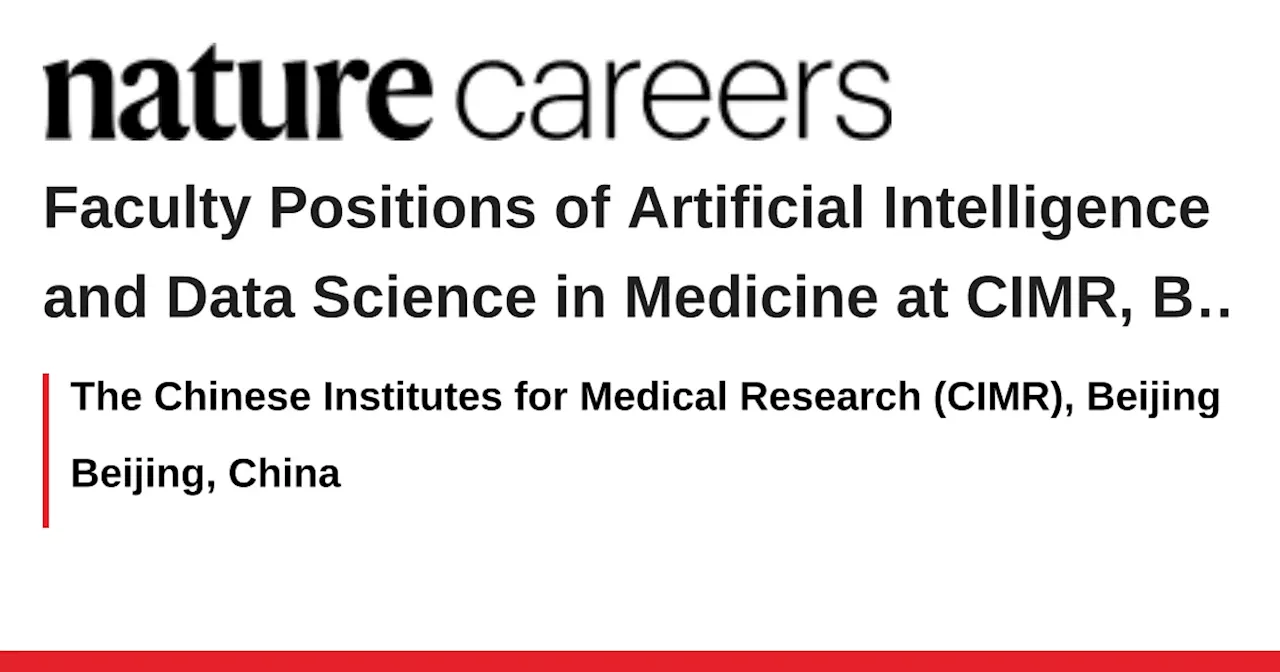Researchers at the University of California, Riverside have developed a novel machine learning approach to analyze environmental noise in LIGO data, enabling more accurate gravitational wave detection.
Researchers at the University of California, Riverside have developed a groundbreaking unsupervised machine learning approach to analyze auxiliary channel data from the Laser Interferometer Gravitational-Wave Observatory ( LIGO ). This innovative technology has the potential to revolutionize the way scientists study gravitational waves, offering new insights into the universe's most enigmatic phenomena.
LIGO, a network of highly sensitive detectors, captures the ripples in spacetime caused by the acceleration of massive objects, such as merging black holes. These gravitational waves provide a unique window into the cosmos, allowing us to probe the nature of gravity, black holes, and the very fabric of reality. However, the vast amount of data generated by LIGO is often riddled with noise from various environmental sources. This noise can interfere with the detection and analysis of gravitational waves, hindering scientific progress.The UCR researchers' machine learning algorithm tackles this challenge by autonomously identifying patterns in the auxiliary channel data, which originates from environmental sensors located at the LIGO detector sites. These sensors monitor factors like ground motion, seismic activity, and even ocean waves, providing a detailed picture of the surrounding environment. By pinpointing distinct environmental states, such as earthquakes, microseisms, and anthropogenic noise, the algorithm can help distinguish genuine gravitational wave signals from background noise. This capability enables scientists to improve the quality of their data and make more accurate discoveries. The team's findings have been presented at a recent IEEE big-data workshop, showcasing the transformative potential of machine learning in pushing the boundaries of gravitational wave research. The data release associated with this research will allow the wider scientific community to validate these results and develop even more sophisticated algorithms for analyzing LIGO data
MACHINE LEARNING GRAVITATIONAL WAVES LIGO NOISE REDUCTION ENVIRONMENTAL MONITORING
United States Latest News, United States Headlines
Similar News:You can also read news stories similar to this one that we have collected from other news sources.
 Machine Learning Revolutionizes Materials Science: Crafting Ultra-Strong, Ultra-Light NanomaterialsUniversity of Toronto researchers leverage machine learning to design groundbreaking nanomaterials with exceptional strength and lightness, surpassing traditional materials like steel and carbon fiber.
Machine Learning Revolutionizes Materials Science: Crafting Ultra-Strong, Ultra-Light NanomaterialsUniversity of Toronto researchers leverage machine learning to design groundbreaking nanomaterials with exceptional strength and lightness, surpassing traditional materials like steel and carbon fiber.
Read more »
 Woofwoof Lux Revolutionizes Dog Bathing with Automatic Washing MachineThe Woofwoof Lux introduces a revolutionary dog washing machine designed for a hassle-free and efficient bathing experience. Featuring adjustable washing and drying cycles, pet-safe shampoos, and a transparent door for observation, the machine caters to various dog sizes and coat types. It boasts a built-in filtration system, soothing music, and real-time monitoring to ensure a comfortable and safe bath for pets.
Woofwoof Lux Revolutionizes Dog Bathing with Automatic Washing MachineThe Woofwoof Lux introduces a revolutionary dog washing machine designed for a hassle-free and efficient bathing experience. Featuring adjustable washing and drying cycles, pet-safe shampoos, and a transparent door for observation, the machine caters to various dog sizes and coat types. It boasts a built-in filtration system, soothing music, and real-time monitoring to ensure a comfortable and safe bath for pets.
Read more »
 AI Revolutionizes Learning in Nigeria: Bridging Gaps and Unleashing PotentialA pilot program in Nigeria utilizing generative AI has demonstrated remarkable results, accelerating student learning and highlighting the potential of AI to transform education globally.
AI Revolutionizes Learning in Nigeria: Bridging Gaps and Unleashing PotentialA pilot program in Nigeria utilizing generative AI has demonstrated remarkable results, accelerating student learning and highlighting the potential of AI to transform education globally.
Read more »
 Facebook Shuts Down Machine Learning Systems for Identifying Viral HoaxesScience and Technology News and Videos
Facebook Shuts Down Machine Learning Systems for Identifying Viral HoaxesScience and Technology News and Videos
Read more »
 Machine Learning Provider Crunch Joins Solana IncubatorCrunch, a machine learning solution provider that mobilizes a decentralized global network of over 7,000 machine learning engineers, has joined Cohort 2 of the Solana Incubator program in New York. This partnership allows Crunch to leverage Solana's speed and scalability to further its mission of democratizing access to predictive intelligence.
Machine Learning Provider Crunch Joins Solana IncubatorCrunch, a machine learning solution provider that mobilizes a decentralized global network of over 7,000 machine learning engineers, has joined Cohort 2 of the Solana Incubator program in New York. This partnership allows Crunch to leverage Solana's speed and scalability to further its mission of democratizing access to predictive intelligence.
Read more »
 Chinese Institutes for Medical Research Seeks Outstanding Scientists in AI, Data Science, and Machine LearningThe Chinese Institutes for Medical Research (CIMR) in Beijing is hiring scientists focused on Artificial Intelligence, Data Science, and Machine Learning in Health Care and Medical Sciences. Successful candidates will collaborate with physician scientists at CCMU-affiliated hospitals and have access to a wide range of medical data. The CIMR offers competitive salaries, generous start-up packages, and research funding.
Chinese Institutes for Medical Research Seeks Outstanding Scientists in AI, Data Science, and Machine LearningThe Chinese Institutes for Medical Research (CIMR) in Beijing is hiring scientists focused on Artificial Intelligence, Data Science, and Machine Learning in Health Care and Medical Sciences. Successful candidates will collaborate with physician scientists at CCMU-affiliated hospitals and have access to a wide range of medical data. The CIMR offers competitive salaries, generous start-up packages, and research funding.
Read more »
